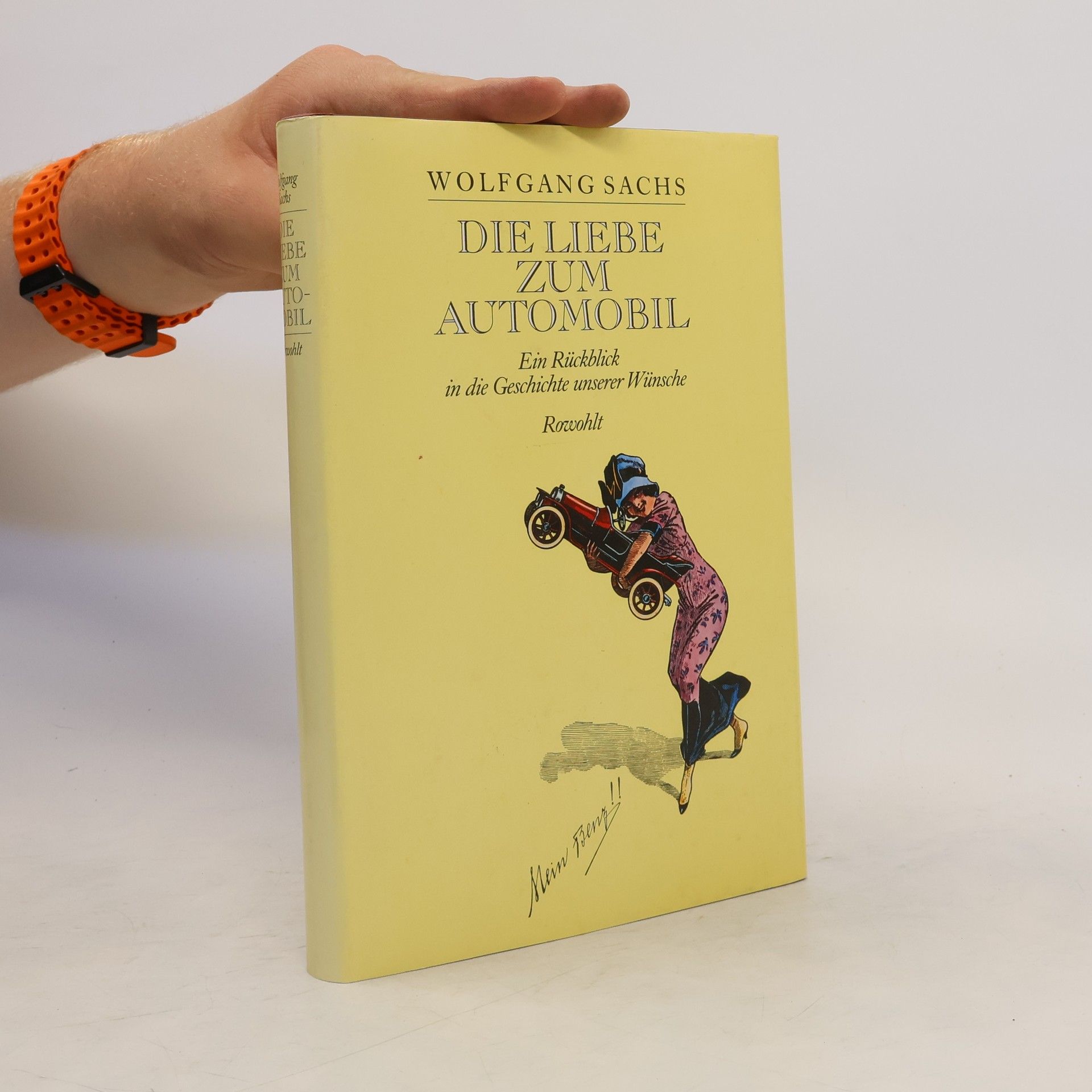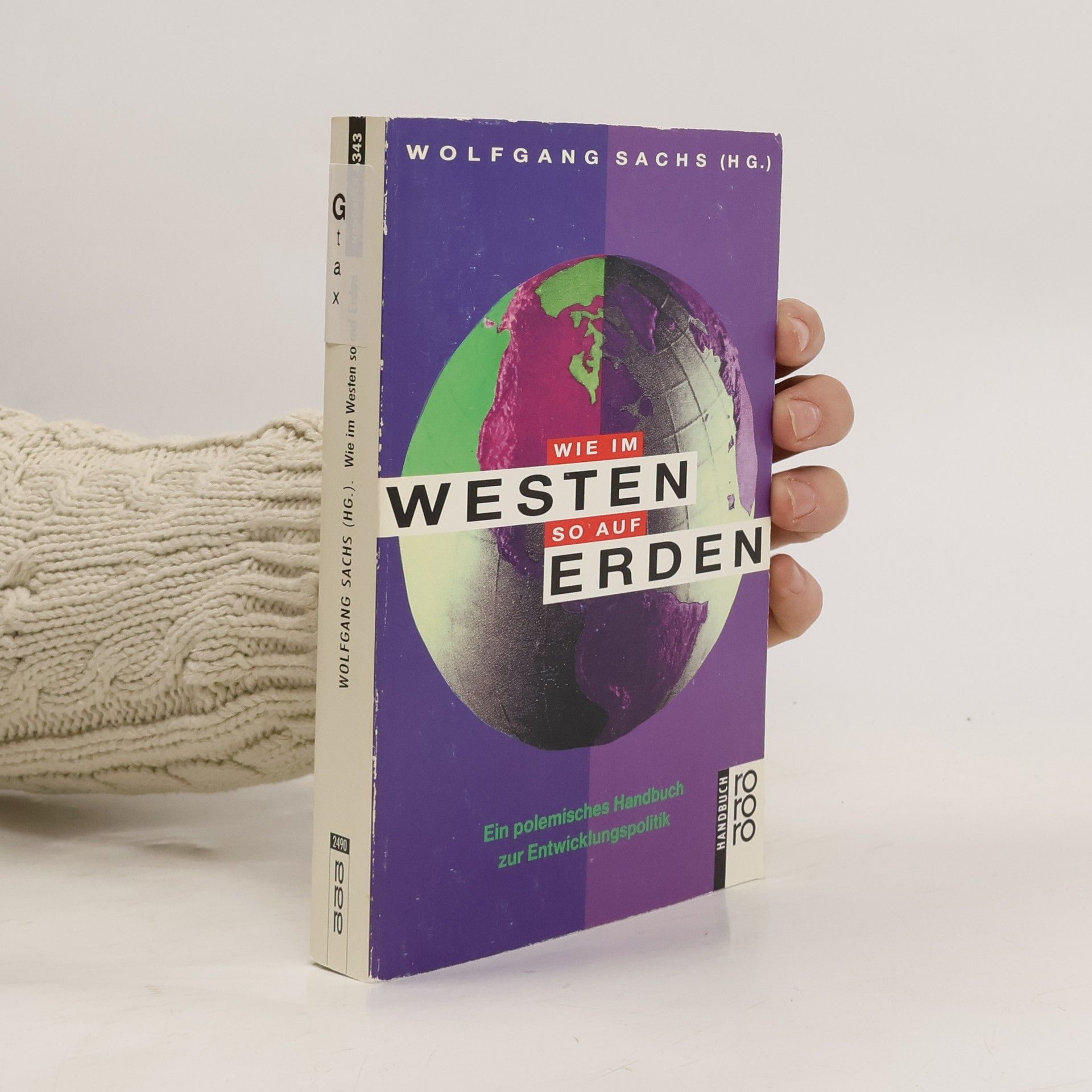Fair future
- 278 pages
- 10 hours of reading
Ölkrise, Wasserkonflikte, schwindende Ernährungssicherheit - die Botschaften von knappen Ressourcen häufen sich. Und dies in einer Welt mit wachsender Bevölkerung, zahllosen Armen und stolzen Nationen, die auch ihren Platz an der Sonne fordern. Ihr Recht auf Entwicklung kann man im Zeitalter der Globalisierung nicht bestreiten - und dennoch ist bereits jetzt die Biosphäre überfordert. Die Inder wollen Straßen und die Chinesen mehr Öl: Der Kampf um die knappe Natur wird die Krisen des 21. Jahrhunderts mitbestimmen. Ressourcenkonflikte, große und kleine, sind oft der unsichtbare Faktor hinter Chaos und Gewalt. Wo jedoch der Kuchen immer kleiner, der Hunger immer größer und die Gäste immer zahlreicher werden, da ist es höchste Zeit, nach Wegen einer gerechteren Verteilung von Ressourcen zu suchen. Dieses Buch, verfaßt von Fachleuten des international renommierten Wuppertal Instituts, liefert eine Analyse der Konfliktlagen. Es entwirft überdies Perspektiven einer Politik der Ressourcengerechtigkeit und umreißt die Konturen einer globalen Umwelt- und Wirtschaftspolitik, die gleichermaßen der Natur wie den Menschen verpflichtet ist. Ein wichtiges Informationswerk und ein Kompass für alle, die nach Wegen zu einer zukunftsfähigen Weltgesellschaft suchen.



